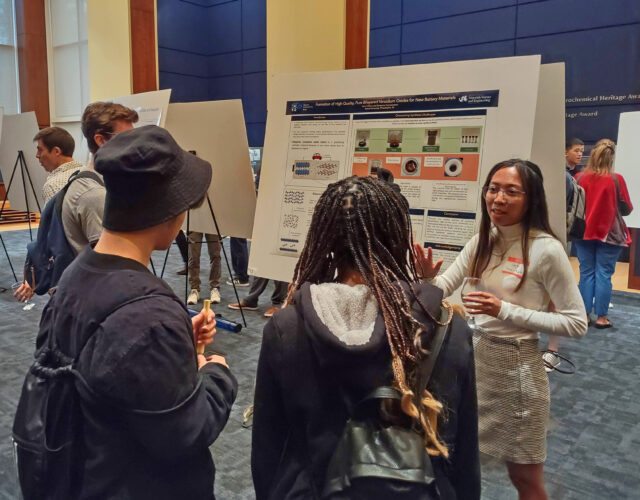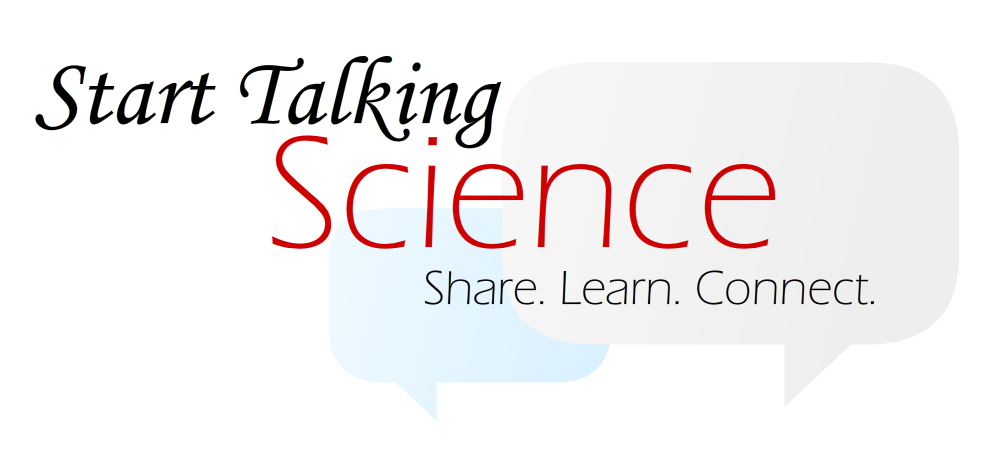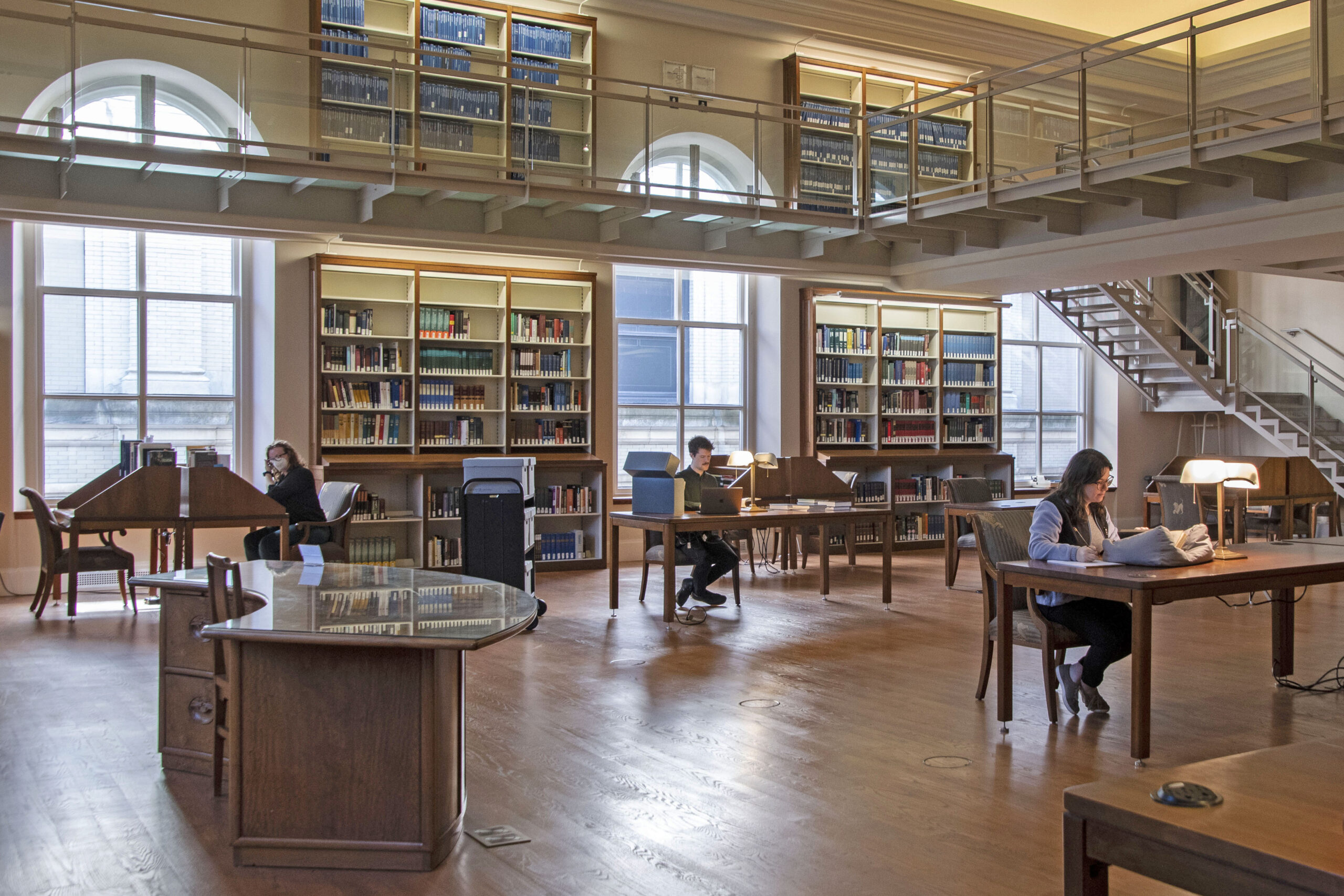First Friday: Start Talking Science

Want to know what really happens in a laboratory? Want to meet scientists doing cutting-edge research in physics, medicine, biochemistry, and more? Then let’s Start Talking Science!
This First Friday, dozens of researchers from local universities will present their innovative projects and answer your questions live. Stop in our museum to explore the history of science education and try out cool, quirky, and engaging science toys and games. Indulge your inner nerd, bring your curiosity, and join us for a fun-filled evening of everything STEM!

About Start Talking Science
Start Talking Science is a free public event where STEM (science, technology, engineering, and mathematics) researchers present nontechnical posters to the community. We aim to increase public awareness of—and interest in—cutting-edge, local research in order to make STEM more accessible. We hope to foster insightful conversations and connections while strengthening the communication skills of researchers.
Start Talking Science is presented in partnership with Drexel University and the Children’s Hospital of Philadelphia Research Institute.
About First Fridays
Spark your curiosity while exploring the exhibits after hours! First Fridays bring together a myriad of activities covering everyday science, historical oddities, and everything in between. Grab your friends, and kick off an evening of discovery, surprise, and a little nerdy fun.
First Fridays at the Institute are always free and open to the public. Attendees will receive a 10% discount to National Mechanics restaurant.
More events
Understanding the Chemical Industry’s Financial Structures and Global Expansion to Inform its Transition to Sustainability
The 2026 T. T. Chao Symposium on Innovation will focus on the relationships between finance, patterns of ownership, and world trade, which are particularly significant for the chemical industry’s transition to sustainability in the 21st century.
Othmer Library Tour
Curious about the other half of the Science History Institute? Step into the Othmer Library of Chemical History!
Wine, Roses, and Chocolate: How Romance and Science Work Together to Sweeten the Dark Days of February
Master flavorist Sam Tharpe, essential oil specialist Kim Bleimann, expert chocolatier Jim St.John, and chemist of wine André Isaacs uncover the unseen molecular world of romantic staples and the science that delivers them.



